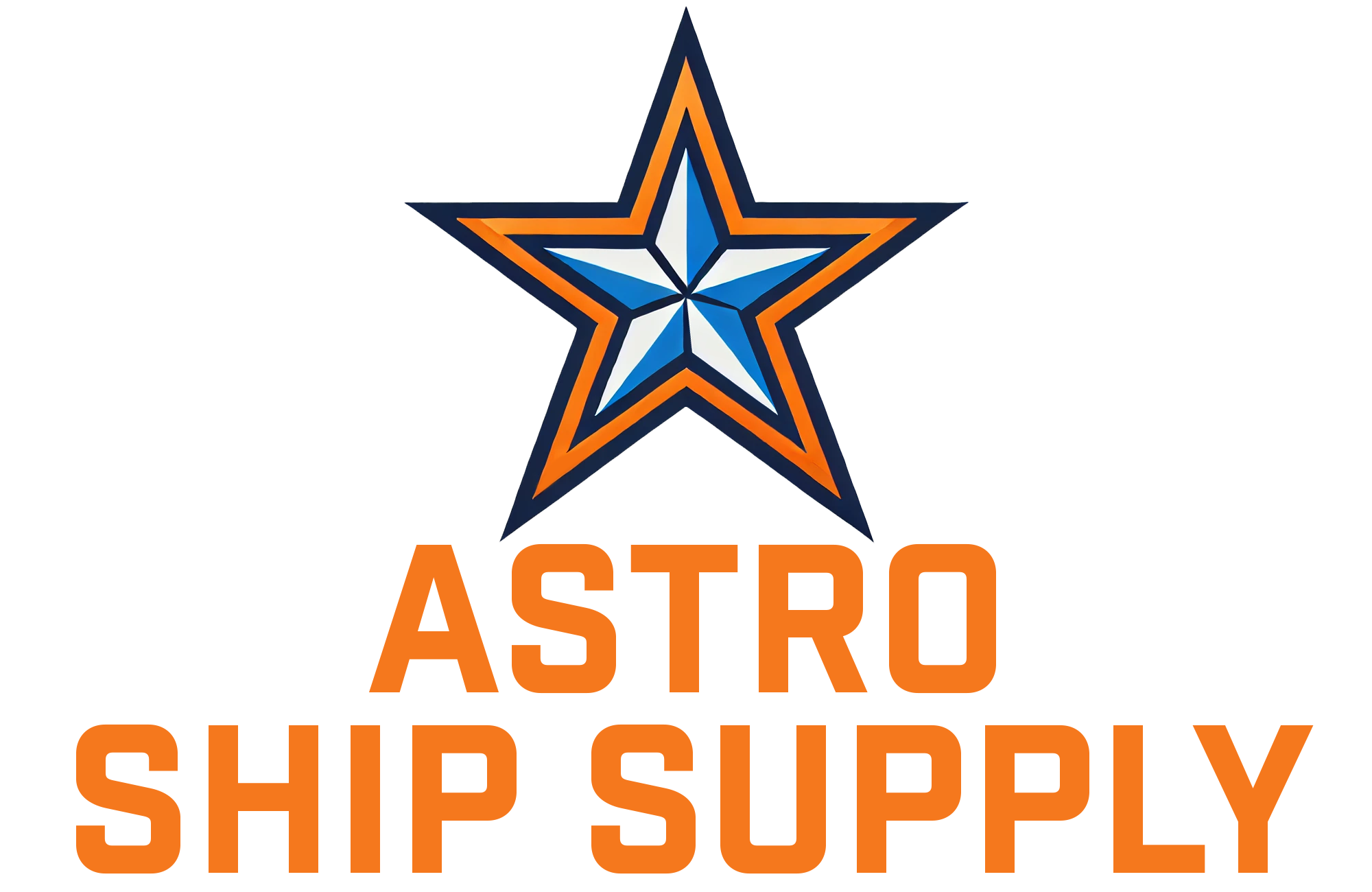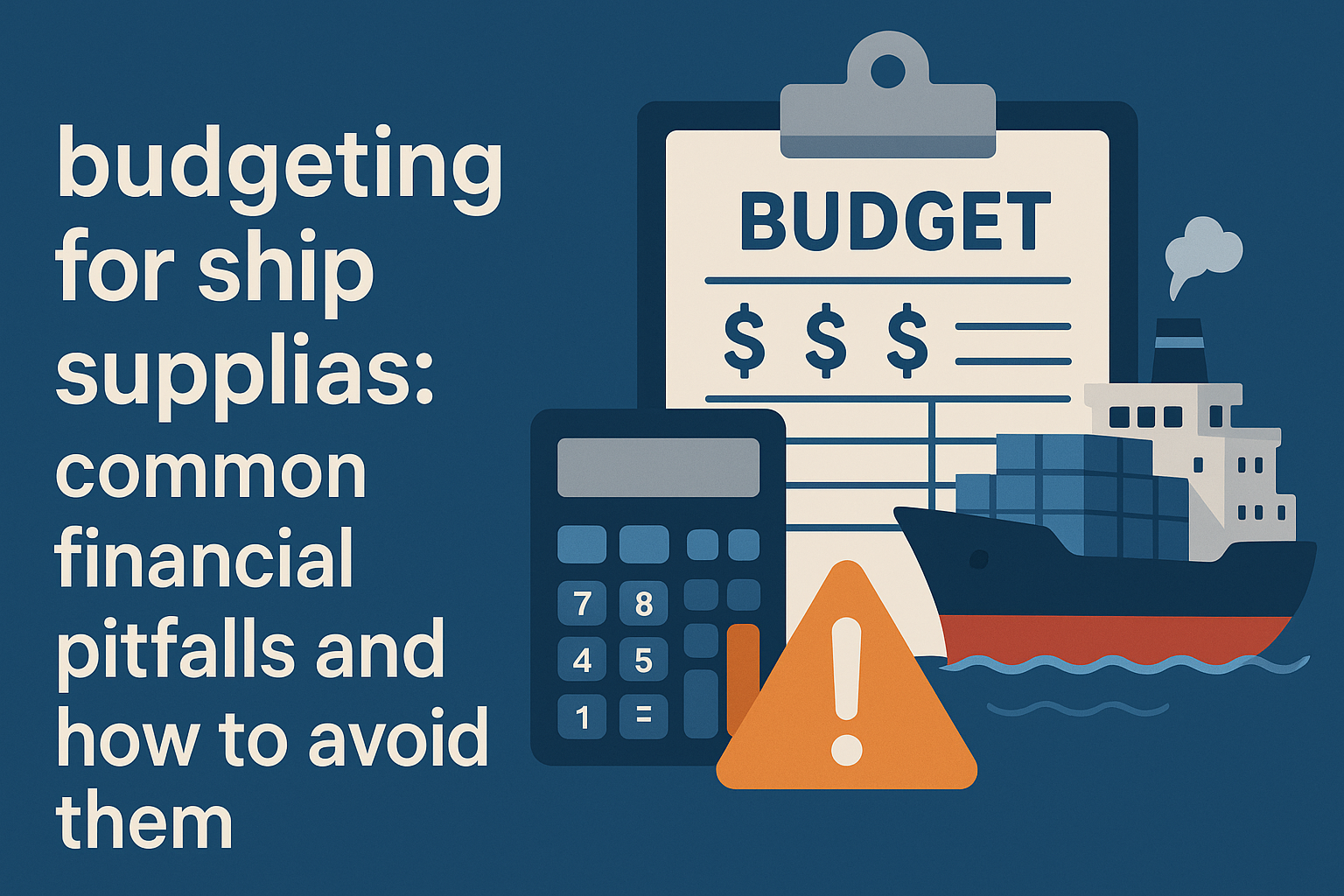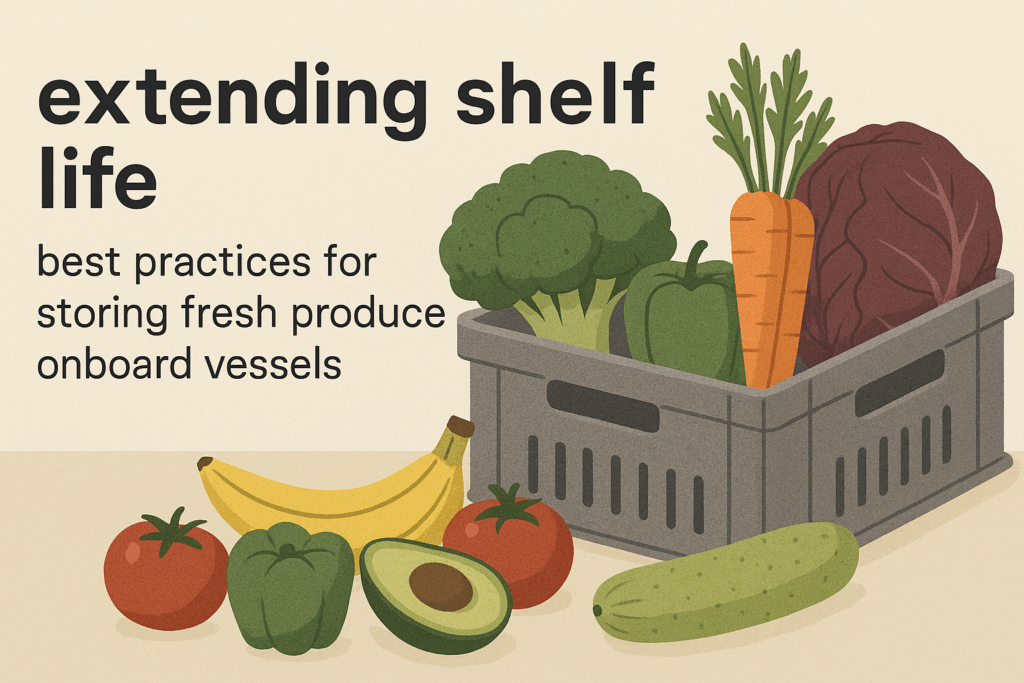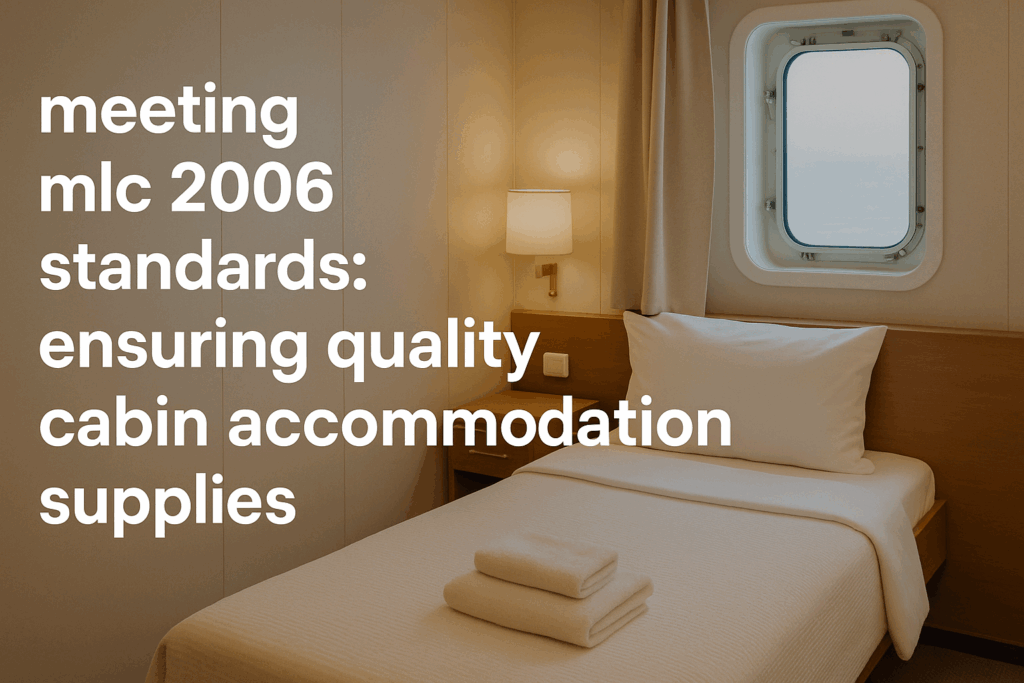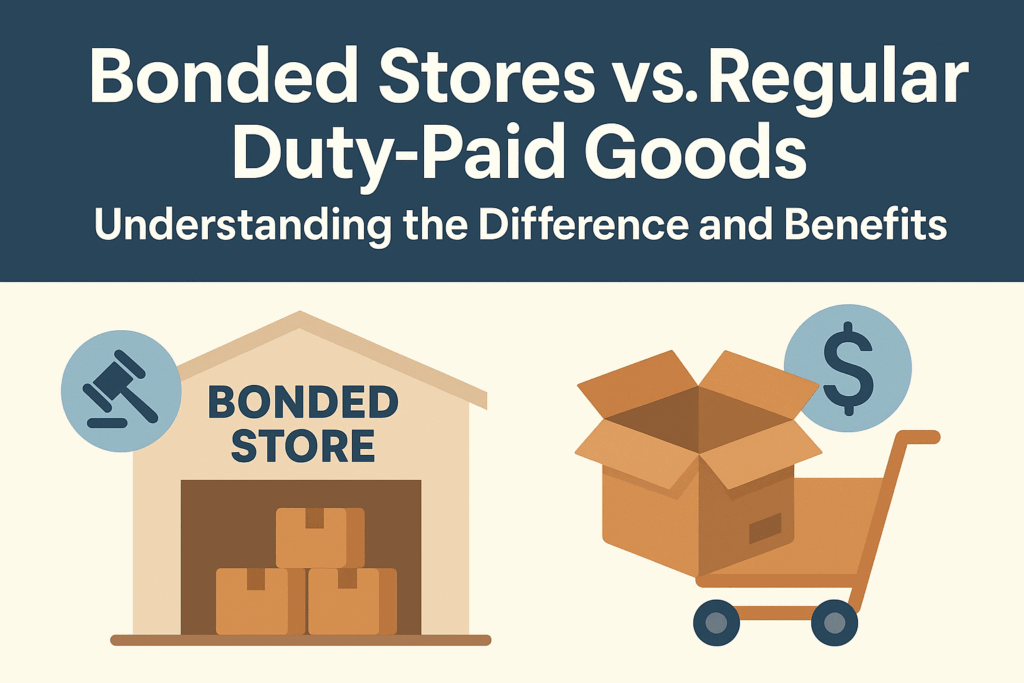Budgeting for Ship Supplies: Common Financial Pitfalls and How to Avoid Them
In the dynamic world of maritime operations, effective budgeting for ship supplies is not just a best practice—it’s a necessity. From provisions to critical deck equipment and bonded stores, the costs associated with keeping a vessel operational can quickly escalate if not managed meticulously. At Astro Ship Supply, we understand the intricacies of maritime logistics and the common financial pitfalls that can derail even the most experienced fleet managers. This comprehensive guide will equip you with the knowledge and strategies to navigate these challenges, ensuring your vessel remains well-stocked without overspending.
The global shipping industry operates on razor-thin margins. Unforeseen expenses, particularly those related to essential ship supplies, can significantly impact profitability. This is where a proactive, well-defined budgeting strategy becomes your most valuable asset. But what exactly are these common financial pitfalls, and more importantly, how can you avoid them?
Understanding the Complexities of Ship Supply Costs
Before diving into specific pitfalls, it’s crucial to appreciate the multifaceted nature of ship supply costs. Unlike a typical retail purchase, ship supplies involve a complex interplay of factors:
- Volatile Market Prices: Fuel, fresh produce, and even steel for spare parts can experience significant price fluctuations based on global events, seasonal changes, and supply chain disruptions.
- Logistical Challenges: Delivering supplies to vessels often involves intricate logistics, including port charges, customs duties, transportation costs to remote locations, and even specific time window restrictions.
- Crew Needs and Preferences: Accommodating diverse crew dietary requirements and preferences, while maintaining morale, adds another layer of complexity to provisioning.
- Emergency vs. Planned Orders: Emergency orders, while sometimes unavoidable, almost always come with a premium due to expedited shipping and last-minute arrangements.
- Regulatory Compliance: Adhering to international maritime regulations (e.g., IMO, ISPS Code) and local port rules can incur additional costs for specific types of supplies or handling procedures.
Common Financial Pitfalls in Ship Supply Budgeting
Even with careful planning, certain common traps can lead to budget overruns. Recognizing these pitfalls is the first step towards avoiding them.
Pitfall 1: Underestimating Consumption Rates
One of the most frequent errors is an inaccurate estimation of how quickly supplies are consumed. This can lead to either:
- Frequent Emergency Orders: Running out of essential items like fresh water filters or specific engine lubricants mid-voyage necessitates urgent, often overpriced, resupply.
- Excessive Inventory Holding Costs: Over-ordering, on the other hand, ties up capital in unnecessary inventory, consumes valuable storage space, and increases the risk of spoilage or obsolescence for perishable goods.
Case Study: The Case of the Unexpected Engine Part
A bulk carrier on a two-month voyage to Asia failed to accurately forecast the consumption rate of a specific engine filter. Halfway through the journey, the vessel ran out, necessitating an emergency air freight delivery to a remote port. The cost of the expedited shipping and the local port agent’s fees for handling the urgent delivery far exceeded the original cost of the filters, adding an unplanned 15% to the total supply budget for that leg of the journey.
Pitfall 2: Neglecting Hidden Costs and Fees
The sticker price of supplies is rarely the final cost. Many hidden expenses can inflate your budget:
- Port Delivery Charges: Some ports have specific fees for chandlery services or require special permits for deliveries.
- Customs Duties and Taxes: Depending on the origin and destination of supplies, duties and taxes can add a significant percentage to the overall cost.
- Logistics and Handling Fees: This includes warehousing, transportation from the chandler to the vessel, and any special handling for hazardous materials or oversized items.
- Currency Exchange Rates: For international voyages, fluctuating exchange rates can impact the final cost of supplies purchased in foreign currencies.
Pitfall 3: Lack of Centralized Procurement and Data Analysis
Without a unified system for tracking purchases and consumption across a fleet, it’s easy to lose control of spending. This often leads to:
- Duplicate Orders: Different departments or vessels unknowingly ordering the same items.
- Missed Bulk Discounts: Inability to leverage economies of scale by consolidating orders.
- Poor Negotiation Power: Without comprehensive spending data, it’s difficult to negotiate favorable terms with suppliers.
- Inaccurate Forecasting: Lack of historical data makes it nearly impossible to predict future needs accurately.
Pitfall 4: Overlooking Quality vs. Cost Trade-offs
While cutting costs is important, opting for the cheapest supplies can backfire. Lower quality provisions may lead to crew dissatisfaction, while inferior technical supplies can result in premature equipment failure, leading to costly repairs and downtime. This is particularly true for items like deck supplies & equipment.
Pitfall 5: Inefficient Inventory Management
Poor inventory practices, such as lack of proper storage, inadequate stock rotation, or neglecting regular inventory checks, can lead to:
- Spoilage and Waste: Especially for fresh produce and dairy, improper storage can lead to rapid deterioration.
- Obsolete Stock: Holding onto outdated or unused items that could have been returned or repurposed.
- Theft or Loss: Without proper controls, inventory can go missing, leading to unexpected replenishment needs.
Strategies to Avoid Financial Pitfalls and Optimize Your Budget
Avoiding these pitfalls requires a multi-pronged approach that combines meticulous planning, smart procurement, and continuous monitoring.
1. Implement Robust Consumption Tracking and Forecasting
This is the cornerstone of effective budgeting. Utilize software or detailed spreadsheets to track:
- Daily Consumption Rates: For provisions, fresh water, fuel, and commonly used spare parts.
- Voyage-Specific Needs: Account for variations based on route, duration, and crew size.
- Seasonal Demands: For example, increased need for certain fresh produce in warmer climates.
By analyzing historical data, you can create more accurate forecasts, minimizing both stockouts and overstocking.
2. Foster Strong Supplier Relationships and Negotiate Smartly
Partnering with reliable ship chandlers like Astro Ship Supply offers numerous advantages:
- Volume Discounts: Consolidating orders with a single trusted supplier can unlock significant savings.
- Transparent Pricing: Reputable chandlers provide detailed breakdowns of costs, including hidden fees.
- Flexible Payment Terms: Establishing good credit with suppliers can provide more favorable payment schedules.
- Expert Advice: Experienced chandlers can offer insights on cost-effective alternatives without compromising quality.
When requesting a quote, be as detailed as possible about your needs to ensure accurate pricing. Visit our Request a Quote page to get started.
3. Centralize Procurement and Leverage Technology
Implementing a centralized procurement system across your fleet can revolutionize your budgeting:
- Enterprise Resource Planning (ERP) Systems: These systems can integrate inventory, purchasing, and accounting functions, providing a holistic view of spending.
- E-Procurement Platforms: Digitizing the requisition and ordering process reduces errors and improves efficiency.
- Data Analytics: Utilize software to analyze spending patterns, identify trends, and pinpoint areas for cost reduction.
4. Prioritize Quality and Value Over Lowest Price
While cost is a factor, the long-term value of a product often outweighs its initial price. Consider:
- Durability of Equipment: Higher quality deck equipment may last longer, reducing replacement costs.
- Shelf Life of Provisions: Premium quality provisions may have a longer shelf life, minimizing spoilage.
- Crew Satisfaction: Providing quality cabin & accommodation supplies and provisions can boost morale, which in turn enhances productivity and reduces crew turnover costs.
For items like provisions, strict quality controls, like those maintained by Astro Ship Supply, are paramount to ensure every item meets maritime standards and contributes to crew well-being.
5. Implement Robust Inventory Management Practices
Effective inventory control is crucial for minimizing waste and optimizing cash flow:
- First-In, First-Out (FIFO): Ensure older stock is used before newer stock to prevent spoilage.
- Regular Stock Audits: Conduct frequent physical counts to reconcile with inventory records.
- Proper Storage Conditions: Maintain appropriate temperatures and humidity for perishable goods.
- Bonded Stores Optimization: Strategically utilize bonded store services to stock duty-free goods, offering significant savings and boosting crew morale.
6. Conduct Regular Budget Reviews and Performance Analysis
Budgeting is not a one-time activity; it’s an ongoing process. Regularly review your actual spending against your budget, identify variances, and understand the reasons behind them. This iterative process allows for continuous improvement and adaptation to changing market conditions.
Comparative Analysis: In-House Procurement vs. Professional Chandlery Services
Many shipping companies face the dilemma of managing ship supplies in-house versus outsourcing to a professional chandlery. Here’s a comparative analysis:
| Feature | In-House Procurement | Professional Chandlery Services (e.g., Astro Ship Supply) |
|---|---|---|
| Expertise & Knowledge | Requires dedicated in-house team with maritime supply chain expertise. | Specialized knowledge of maritime regulations, port procedures, and supply chain intricacies. |
| Supplier Network | Limited to company’s established relationships. | Extensive global network of vetted suppliers, often securing better rates. |
| Logistics & Delivery | Company responsible for all transportation, customs, and last-mile delivery. | Chandler manages all logistics, ensuring timely and compliant delivery to the vessel. |
| Cost Efficiency | Potential for higher costs due to lack of bulk discounts, emergency fees, and hidden charges. | Economies of scale, consolidated purchasing, and transparent pricing. |
| Time Savings | Significant time spent on sourcing, ordering, and managing deliveries. | Frees up internal resources, allowing focus on core operations. |
| Quality Control | Requires robust internal quality checks and supplier vetting processes. | Strict quality controls (e.g., HACCP, ISO 9001:2015) and adherence to maritime standards. |
| Risk Management | Higher exposure to supply chain disruptions and regulatory non-compliance. | Chandler assumes much of the risk associated with supply chain management. |
Choosing a reliable partner like Astro Ship Supply, with our ISO 9001:2015 and HACCP certifications, mitigates many of the risks and financial burdens associated with in-house procurement. Our commitment to excellence and 24/7 support ensures peace of mind.
Key Takeaways for Prudent Ship Supply Budgeting
To summarize, here are the essential actionable steps for mastering your ship supply budget:
- Accurate Forecasting: Base your predictions on historical data and current operational needs.
- Comprehensive Cost Analysis: Always account for all associated costs, not just the unit price.
- Strategic Sourcing: Build strong relationships with reputable chandlers and negotiate favorable terms.
- Technology Adoption: Utilize software for procurement, inventory, and data analysis.
- Quality Over Price: Invest in quality supplies that offer long-term value and enhance operational efficiency.
- Diligent Inventory Management: Implement FIFO, conduct regular audits, and ensure proper storage.
- Continuous Review: Regularly compare actual spending to budget and adjust strategies as needed.
Frequently Asked Questions (FAQ) about Ship Supply Budgeting
What are the primary categories of costs to consider when budgeting for ship supplies?
The primary categories include provisions (food, beverages, bonded stores), deck and engine stores (spare parts, lubricants, paints, cleaning supplies), cabin and accommodation supplies (linens, toiletries, consumables), medical supplies, safety equipment, and any specialized technical items required for the vessel’s operation. Don’t forget logistical costs like port fees, customs, and transportation.
How can I reduce emergency ship supply orders and their associated costs?
The most effective way is through robust consumption tracking and accurate forecasting. By analyzing historical data and predicting future needs based on voyage duration, crew size, and vessel type, you can proactively order supplies. Implementing a buffer stock for critical items and utilizing a reliable chandler for efficient scheduled deliveries also helps significantly.
Is it more cost-effective to buy in bulk for ship supplies?
Generally, yes, buying in bulk can lead to significant cost savings through volume discounts. However, this must be balanced with storage capacity, shelf life of perishable items, and the risk of obsolescence for certain technical supplies. A professional chandler can advise on optimal bulk purchasing strategies that minimize holding costs while maximizing savings.
How does a ship chandler help in managing the budget for ship supplies?
A reputable ship chandler provides transparent pricing, offers competitive rates due to economies of scale, manages complex logistics (reducing your overhead), ensures quality control for all supplies, and offers expert advice on cost-effective alternatives. They act as a single point of contact, simplifying the procurement process and reducing administrative burdens.
What certifications should I look for in a ship chandler to ensure quality and compliance?
Look for certifications like ISO 9001:2015 (Quality Management System) for overall quality assurance, HACCP (Hazard Analysis and Critical Control Points) for food safety, and compliance with the International Ship and Port Facility Security (ISPS) Code for security. Adherence to U.S. Customs and Border Protection requirements for bonded stores is also crucial for certain services. Astro Ship Supply proudly holds these key certifications.
Your Partner in Ship Supply Excellence
Navigating the financial currents of ship supply management can be challenging, but with the right strategies and a trusted partner, it becomes a predictable and manageable aspect of your operations. At Astro Ship Supply, we are dedicated to helping you optimize your budget while ensuring your vessel is always equipped with top-quality provisions and supplies. Our comprehensive services, commitment to compliance, and 24/7 support make us the premier ship chandlery in the Port of Houston and the Gulf Coast region. Ready to streamline your ship supply budget and ensure seamless operations?
Don’t let financial pitfalls jeopardize your voyage. Request a quote today and experience the Astro Ship Supply difference. We’re here to help you stay ahead.
